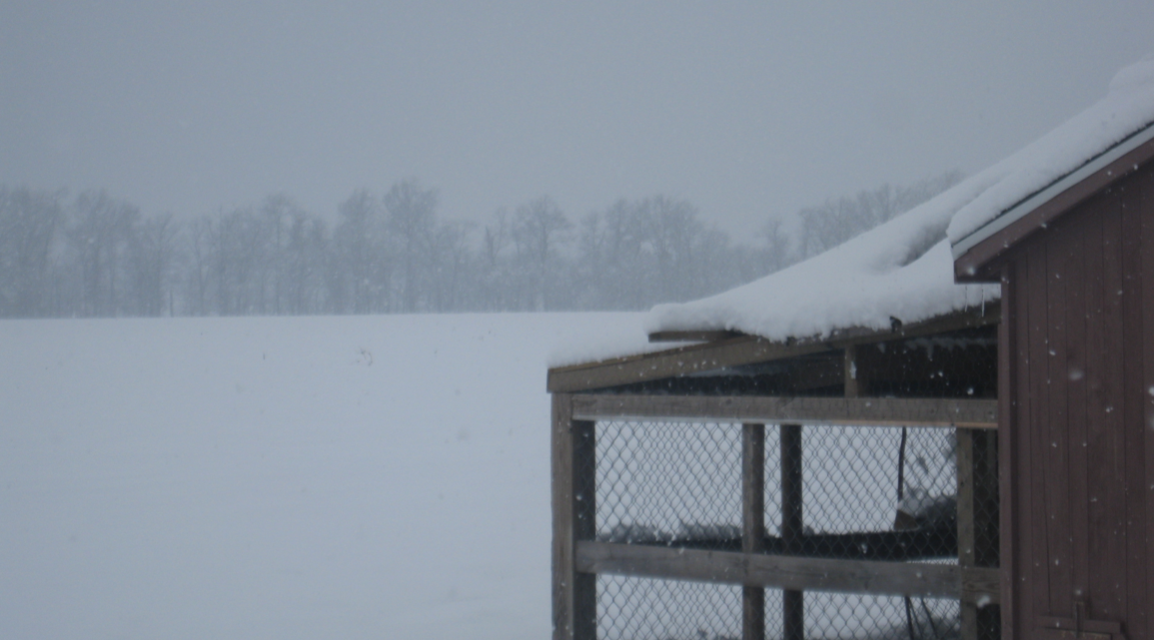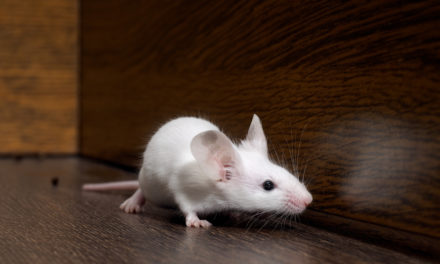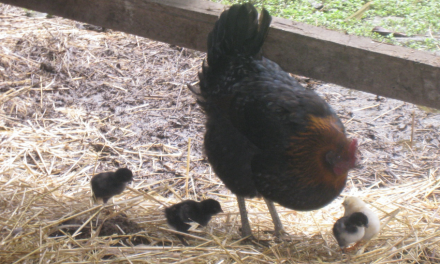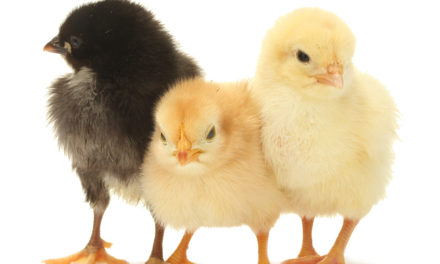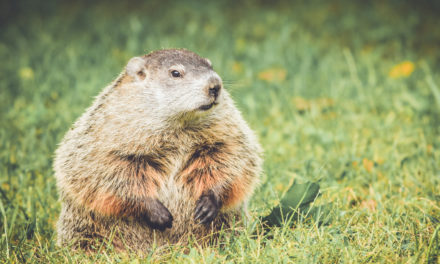One of the most frequently asked questions is “should I heat my chicken coop?” The answer for this region is always NO! But protection from icy drafts is a must. Let me explain why. A chicken is able to increase its body temperature by eating more in cold weather. Digestion creates internal heat, which radiates through the skin warming the air next to the skin, which is then trapped against its body by feathers.
In winter, chicken are bundled up in a layer of feathers, one of the best natural insulators, but a sharp blast of wind can cut to the bone, removing the layer of warm air. That’s why a draft-free but not too snug non-heated coop works best.
If the winter housing is not damp or drafty, chickens can withstand a great deal of frigid weather. What they can’t handle is icy winds blowing through the coop. Drafts remove the warm air trapped when a chicken ruffles its feathers. Moisture in the air makes them cold by absorbing their body heat.
 Despite their feathers, getting wet while exposed to wind and low temperatures can prove lethal to your flock. But I advise against pampering them as a heated, airtight coop could be a damp house. Both the manure and the chicken’s exhalations accumulate moisture in the coop and wet conditions cause both disease pathogens and molds to grow unchecked.
Despite their feathers, getting wet while exposed to wind and low temperatures can prove lethal to your flock. But I advise against pampering them as a heated, airtight coop could be a damp house. Both the manure and the chicken’s exhalations accumulate moisture in the coop and wet conditions cause both disease pathogens and molds to grow unchecked.
Proper ventilation allows air exchange and removes moisture, dust and harmful gasses from the coop. If a coop is too tightly sealed, birds may develop respiratory problems.
This a shot of my summer coop. Tucked into a corner of our shed, the open chicken wire catches every breeze of summer. How I draft-proof it is with thick fabric I brought by the bolt when an upholstery shop closed. I only tack it to the top of the walls and allow the bottoms to move with the wind. It works well for me as a simple way to draft-proof my winter housing yet allowing air flow.
 A chicken is also able to conserve body heat by restricting blood-flow to its comb, wattle and feet, the very parts that give off excess heat in warm weather. They are not warm blooded mammals. Not only do they have mechanisms to keep themselves comfortable in the cold, they huddle together to keep each other warm.
A chicken is also able to conserve body heat by restricting blood-flow to its comb, wattle and feet, the very parts that give off excess heat in warm weather. They are not warm blooded mammals. Not only do they have mechanisms to keep themselves comfortable in the cold, they huddle together to keep each other warm.
No matter how cold it is outside, make sure the flock is given the opportunity to get outdoors. They will not usually walk in deep snow but they need to “get outside and blow the stink off” as my mama always said. I shovel an area in front of the coop when we have deep snow to allow them space to mill around and move as that is an important factor to help keep them healthy. It also allows me to set the waterer outside in a sheltered spot to keep the interior moisture build-up down.
If you feel you must insulate the coop interior, remember to cover the insulation inside a wall as the birds will peck at it and that may cause coop issues and/or death.
 Combs and wattles are quicker to freeze in damp housing. Since cocks do not tuck their heads under a wings as hens do, they are more susceptible to frostbite.
Combs and wattles are quicker to freeze in damp housing. Since cocks do not tuck their heads under a wings as hens do, they are more susceptible to frostbite.
Roosters with large combs are prone to frostbite unless you are able to maintain a light coating of Vaseline on the comb and wattles. In extended periods of extreme cold the combs might freeze regardless of your best efforts.
 Never use metal roosts as the cold will travel up the metal into the feet of your chickens and cause frostbite. Installing 2”x4” boards instead of round roosts provides them with the ability to cover and warm their feet. The 2” part is installed up. I use 2”x 2” with great results.
Never use metal roosts as the cold will travel up the metal into the feet of your chickens and cause frostbite. Installing 2”x4” boards instead of round roosts provides them with the ability to cover and warm their feet. The 2” part is installed up. I use 2”x 2” with great results.
Set the roosts high in winter (but not in the path of a draft from air vents) so that the chickens have to fly up to the roosts. This gets them moving which helps to raise their internal temperatures. Provide step-ups for the heavier breeds like Jersey Giants, Wyandottes and Buffs. I love to recycle old ladders as chicken roosts and worn-out sawhorses as roosts for turkeys.
As I get older, I look less forward to winter but I am very glad that I am still able to get out often in winter to care for my dear chickens who give me their very best. With some advanced planning, wintering the flock will be a quick and easy chore. Have a peaceful day. Your fellow flocker, Anne May

